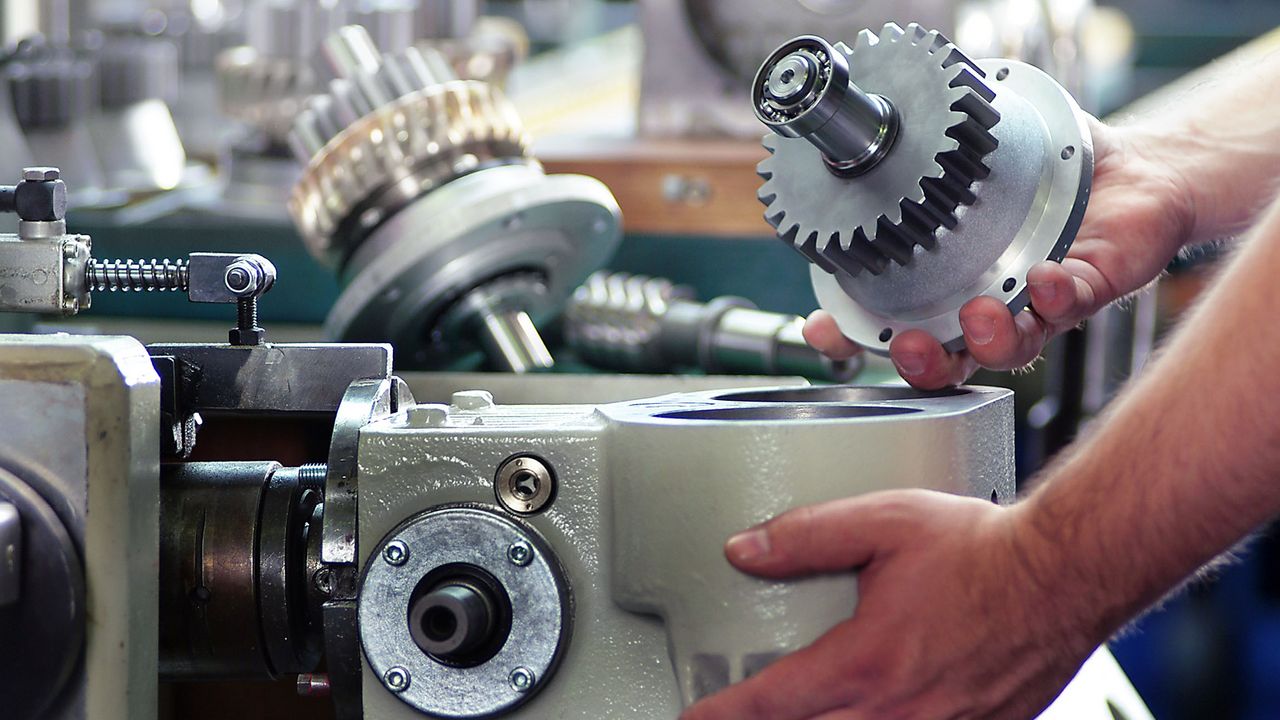In the fast-paced culinary world, the smooth operation of food machinery is vital for efficiency, productivity, and maintaining high-quality standards. However, like any mechanical equipment, food machinery is prone to wear and tear, breakdowns, and malfunctions. This reality underscores the critical need for effective and timely repair and maintenance services in the food industry.
This comprehensive guide aims to delve into the realm of food machinery repair, highlighting its significance, common issues, preventive measures, and the best practices to ensure seamless operations in commercial kitchens and food production facilities.
Importance of Food Machinery Repair
Food machinery encompasses a broad spectrum of equipment, ranging from ovens, mixers, and refrigeration units to slicers, grinders, and packaging machines. The efficient functioning of these devices is crucial to meet consumer demands, maintain food safety standards, and sustain profitability in the food industry.
Timely repair and maintenance of food machinery are pivotal for several reasons
Maximizing Efficiency
Well-maintained machinery operates at optimal efficiency, reducing downtime and enhancing productivity.
Ensuring Food Safety
Properly functioning equipment minimizes the risk of contamination, ensuring the safety and quality of food products.
Cost Savings
Regular maintenance and timely repairs can prevent major breakdowns, saving significant repair costs and prolonging machinery lifespan.
Regulatory Compliance:
Adherence to industry regulations and standards regarding equipment maintenance is essential for legal compliance and avoiding penalties.
Common Issues in Food Machinery and Repair Solutions
Food machinery faces various issues due to continuous usage, inadequate maintenance, or technical glitches. Some common problems include:
Mechanical Failures:
Wear and tear, broken parts, or malfunctioning components can lead to machinery breakdowns.
Repair Solution:
Prompt identification and replacement of faulty parts, regular inspections, and preventive maintenance can mitigate these issues.
Electrical Problems:
Faulty wiring, power fluctuations, or electrical component failures can disrupt machinery operations.
Repair Solution:
Trained technicians should diagnose and rectify electrical issues promptly to avoid hazards and restore functionality.
Temperature Control Malfunctions:
In refrigeration units or ovens, temperature inconsistencies can affect food quality.
Repair Solution:
Calibration, thermostat replacement, and regular servicing ensure accurate temperature control.
Lubrication and Wear:
Inadequate lubrication can lead to increased friction and wear on moving parts.
Repair Solution:
Regular lubrication schedules and replacement of worn-out components prevent machinery breakdowns.
Best Practices for Food Machinery Repair and Maintenance
Adhering to a robust maintenance schedule and employing best practices can significantly enhance the performance and longevity of food machinery:
Scheduled Maintenance:
Establishing routine inspection and maintenance schedules based on manufacturer guidelines is crucial.
Trained Technicians:
Employ skilled and certified technicians who possess expertise in handling various food machinery types.
Use of Genuine Parts:
Always use genuine manufacturer-recommended spare parts for repairs to maintain equipment integrity.
Documentation and Records:
Maintain detailed records of repairs, servicing dates, and parts replacements for reference and compliance purposes.
Employee Training:
Train kitchen staff on basic troubleshooting and maintenance practices to identify minor issues before they escalate.
Conclusion
In the dynamic landscape of the food industry, the reliable performance of food machinery is indispensable. Regular maintenance and prompt repair services are instrumental in ensuring the smooth operation of equipment, adherence to safety standards, and meeting customer expectations for high-quality food products.
By prioritizing proactive maintenance, employing skilled technicians, and fostering a culture of diligence in machinery care, food establishments can mitigate disruptions, reduce repair costs, and uphold the integrity of their operations. Ultimately, investing in comprehensive repair and maintenance practices for food machinery is an investment in the success and sustainability of any culinary enterprise.

